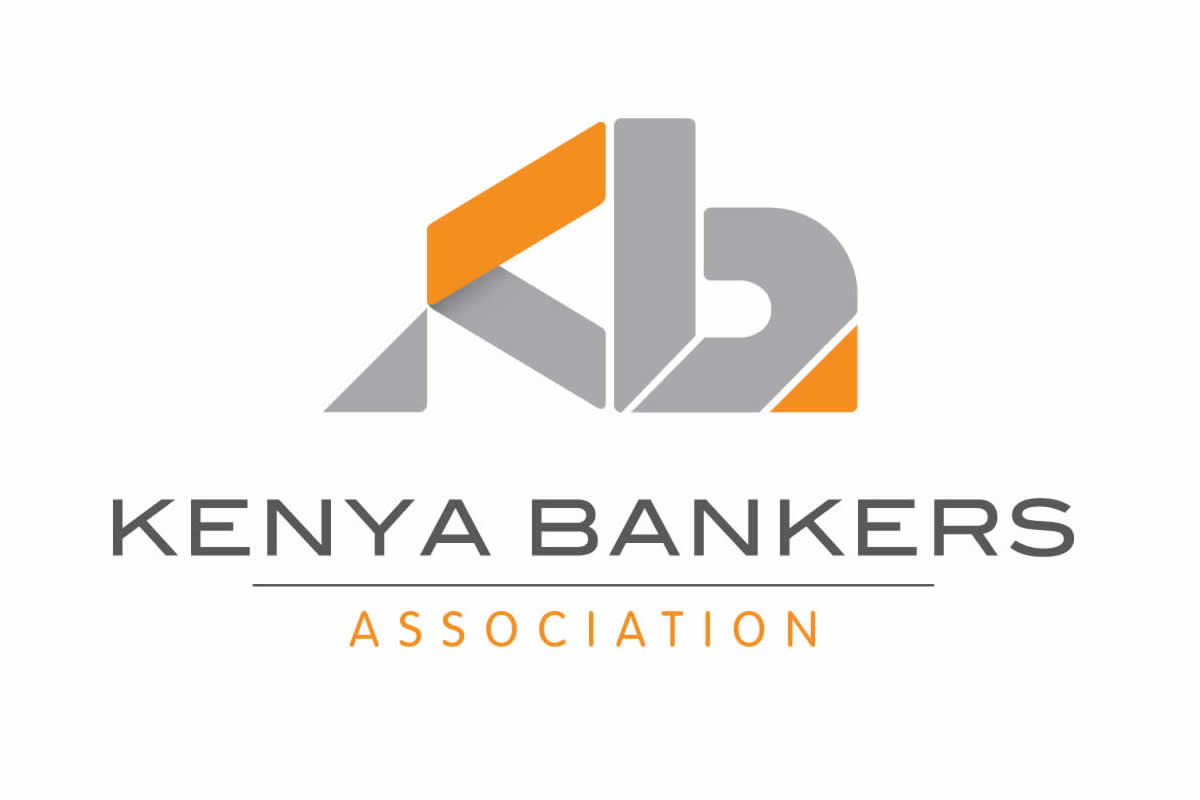- Latest KBA House Price Index shows a 0.42 per cent increase overall in house prices between July, August and September, down from 0.98 per cent the previous quarter.
Nairobi, November 2nd 2017 – Overall house prices in Kenya for the third quarter of this year posted the lowest rate of growth registered in the last three years, in part due to the current political environment and slowed private sector credit, a new industry report shows.
The latest Kenya Bankers Association House Price Index (KBA-HPI) shows that there was a 0.42 per cent increase overall in house prices between July, August and September. The performance was a reduction from the previous quarter’s 0.98 per cent growth and the lowest price increment posted since the third quarter of 2015. “This is an indication that there is no respite for the declining trend in the rate of house prices increase since the third quarter of 2015,” the report reads in part.
For the last year, house prices have been on a declining curve with the rate of increase dropping from a high of 2.20 per cent as at the third quarter of 2016 to 1.58 per cent in the fourth quarter of the same year.
According to the KBA Director of Research and Policy Jared Osoro, the trend on growth in house prices mirrors that of credit growth to the private sector. Credit growth has slowed down this year as a result of the introduction of laws capping interest rates which has discouraged banks from lending to the private sector.
“With the generally depressed demand in the economy and the slowdown in credit expansion, households relying on the credit market towards home acquisition have been adversely affected,” Osoro said. “This has consequently influenced the house prices trend.”
In addition, the survey noted that the sluggish demand environment has provided little incentive for increased supply of units, a situation that is compounded by the constrained supply of financing. Further, the political environment seems to be affecting both sides of the market. On the demand side, potential home buyers seem to be holding back on decisions to invest in home ownership while on the supply side, real estate investors could also be on a wait and see mode.
In terms of the house types, during the period under review, apartments continued to take the upper-hand with the total number of units offered in the market. Apartments accounted for 82.66 per cent of the total number of units sold in quarter three of 2017 with maisonettes and bungalows accounting for 10.70 per cent and 6.64 per cent, respectively.
Across all the market segments (lower, middle and upper), prices of apartments registered the highest rise compared to that of bungalows and maisonettes, with the rise in the latter two segments being more or less muted, the survey noted.
“The rise in the price of apartments compared to bungalows and maisonettes continues to signal an element of the search for affordability by potential homebuyers given the lower cost of construction per unit on the developers’ side and therefore relatively low offer process,” said Osoro.
The survey further noted that the house price drivers during the quarter remained largely unchanged compared the previous quarters. The size of the house as captured by plinth area of the house, number of bedrooms, presence of backyard, master ensuite and gym area were among the core drivers. Other attributes such as presence of a swimming pool, proximity to basic social amenities, gated community, borehole for consistent water supply and presence of power backup generator also moved prices during quarter three of 2017.
Notes To The Editors:
About the KBA House Price Index
The Kenya Bankers Association House Price Index (KBA-HPI) was introduced by the banking industry’s umbrella body (KBA) to better guide policy makers and investors on the trends in the residential real estate sector. The KBA-HPI has quickly been recognised as a credible analytical tool that is useful for tracking housing sector dynamics and price movements.
The KBA-HPI regions are clustered follows:
- REGION 1 Athi River, Mlolongo, Mavoko, Nakuru, Ngong, Ruaka, Syokimau, Embakasi, Kahawa Wendani, Thika, Mtwapa, Utange, Kitengela, Kiembeni, Nyeri, Likoni, Eldoret, Ruiru, Kilifi,Thika road (Kasarani, Roysambu, Ruaraka), Meru, Bungoma.
- REGION 2 Thindigua (Kiambu Road), Kiambu, South B, South C, Kabete, Komarock, Imara Daima, Membley, Buruburu, Rongai, Waiyaki Way (Uthiru, Regen, Kinoo, Kikuyu), Mbagathi road, Ngong Road, Langata.
- REGION 3 Kileleshwa, Kilimani, Lavington, Westlands, Spring Valley, Riverside, Milimani (Kisumu), Milimani (Nakuru), Runda, Karen, Garden Estate, Parklands, Ridgeways, Muthaiga, Loresho, Kitisuru, Adams Arcade, Nyali, Mountain View, Nyari.
About Kenya Bankers Association
KBA (www.kba.co.ke) was founded on 16th July 1962. Today, KBA is the financial sector’s leading advocacy group and banking industry umbrella body that represents total assets in excess of USD 37 billion. KBA has evolved and broadened its function to include advocacy on behalf of the banking industry, and championing financial sector development through strategic projects such as the launch of the industry’s first P2P digital payments platform PesaLink. In line with the Government’s policy on public-private partnerships, KBA and Central Bank of Kenya have implemented key projects such as modernization of the National Payments System through the Automated Clearing House, implementing the Real Time Gross Settlement System (RTGS), and the Kenya Credit Information Sharing Initiative which introduced the use of information collateral provided by credit reference bureaus to enhance credit access for borrowers. The KBA members are comprised of commercial banks and deposit taking microfinance banks.
Media Contacts:
Ms. Nuru Mugambi, Director Kenya Bankers Association, Kenya Bankers Association Phone: +254-20-2221704/2224014, Ext. 205, Cell: +254-717023318 Email: nmugambi@kba.co.ke


